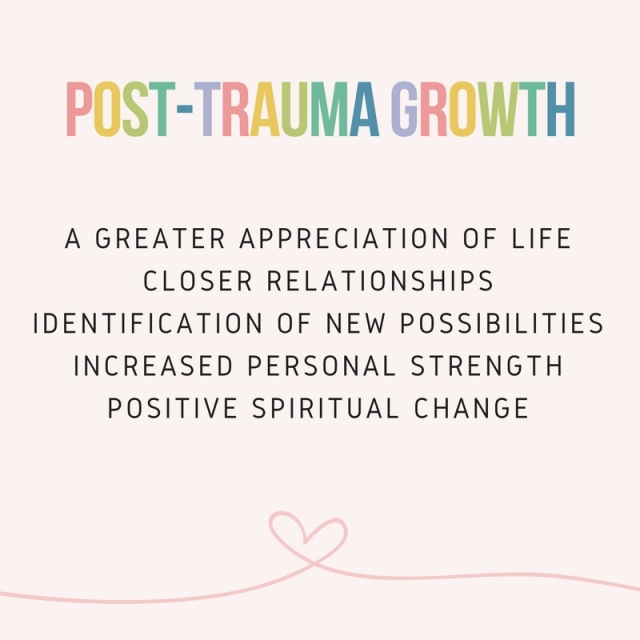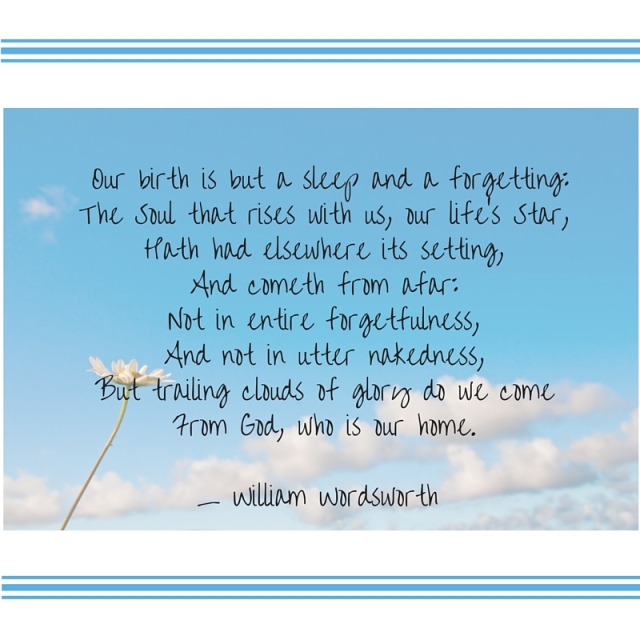
It’s been four years since D day – the day my world collapsed. The day that catapulted me into a new realm of experiences that eventually led to healing, peace, and more resiliency. Since that day, I have experienced God’s love and answers to prayer. I’ve learned more about mindfulness and how to listen to my body. I continue to learn, grow, and discover who I really am. Underneath the scarred and wounded heart, there’s a solid, confident, and good person. When I’m in touch with my confident self, I feel centered and in touch with the core of my being. It’s a glorious feeling and I think it is the source of true joy.
But sometimes I neglect my self-care practices and get too casual with my daily health habits. That’s when life gets out of kilter, I lose touch with my core, and as a result, my resilience fades. I foolishly risk my own resilience with complacency, making myself vulnerable to emotional triggers and disappointments.
Today, is one of those out-of-kilter days. I said a prayer this morning asking for some relief from the deafening messages that tell me I’m not good enough. It has been a long time since I’ve had to fight this battle. I was hoping to someday raise my hands in the air as victor over doubts of self worth, but I let my shield of resiliency get weak and this weary warrior is grappling to find my source of joy again.
I didn’t feel that I was worthy to have God answer my morning prayer. I said the words and let them go, hoping they would fly upward and miraculously soar to a Supreme Power.
I didn’t think about my prayer again until later in the day when a professionally dressed and beautiful young woman approached me while I was pushing my shopping cart at the market. She was one of my students from years ago. We chatted for a time and I was thrilled to learn of her life accomplishments. After a few minutes, it seemed time to end the conversation, but this lovely young woman stopped me. “It’s interesting to me that I was actually thinking about you this morning,” she told me. “I was hoping I could have a chance someday to tell you how you were one of my favorite teachers. Thank you!”
It’s amazing how much power there is in a simple compliment.
The experience was a small miracle, but it fulfilled a mighty big need for me. It was a reminder that I have value. It reaffirmed that God hears and answers prayers, even if I don’t think I’m deserving. Best of all, for a fleeting moment, I felt joy and hope!
I know my confident inner core exists and she’s waiting for me. I keep reaching and searching because I know from past experience, she’ll be with me, again. She always returns, so I never give up on her. With God’s help, a lot of self-care, and diligent healing work every day, I will uncover the confident and resilient me that hides for shelter when I take her for granted. Weary warriors always have a little fight left in them.















 How could I be so dupid? I know better. Farmer told me what I wanted to hear. When I doubted his claim, he told me more things to verify his story. I think he actually believed his own story. I don’t think he has the ability to self-analyze and be honest with himself. Many addicts also lack the ability to do honest self-reflection. How can somebody be totally honest with others when they can’t be honest with themselves?
How could I be so dupid? I know better. Farmer told me what I wanted to hear. When I doubted his claim, he told me more things to verify his story. I think he actually believed his own story. I don’t think he has the ability to self-analyze and be honest with himself. Many addicts also lack the ability to do honest self-reflection. How can somebody be totally honest with others when they can’t be honest with themselves? As part of his recovery from sexual addiction and sexual compulsive behaviors, my husband has been learning to identify and feel his emotions. For me, this stuff is incredibly easy, but not so for my husband. He spent 50 years trying to numb his pain from his childhood sexual molestations. As a result of his pain-numbing, he actually buried nearly all other emotions, as well. It has been an interesting journey for us both as my husband discovers his emotions.
As part of his recovery from sexual addiction and sexual compulsive behaviors, my husband has been learning to identify and feel his emotions. For me, this stuff is incredibly easy, but not so for my husband. He spent 50 years trying to numb his pain from his childhood sexual molestations. As a result of his pain-numbing, he actually buried nearly all other emotions, as well. It has been an interesting journey for us both as my husband discovers his emotions.

